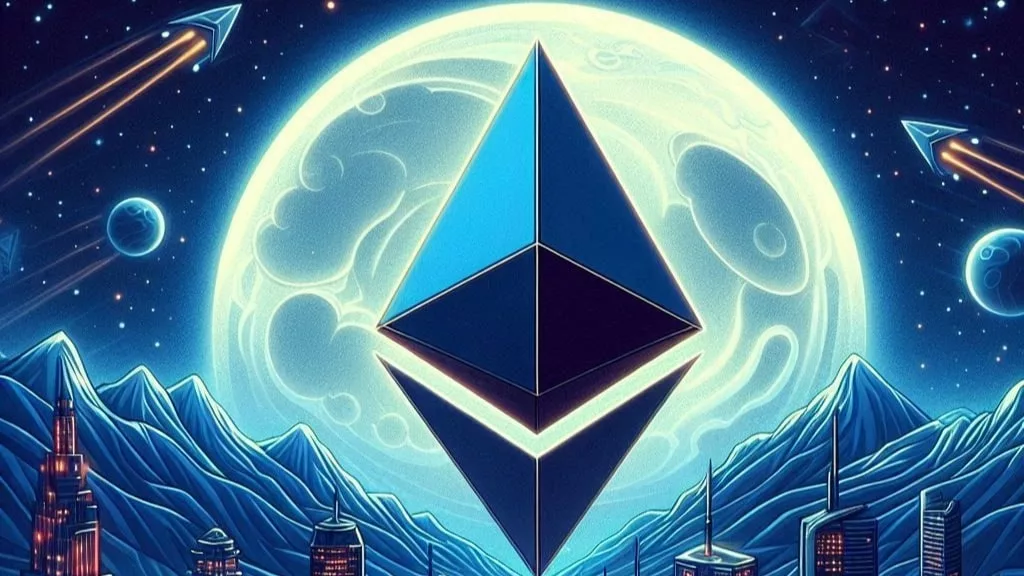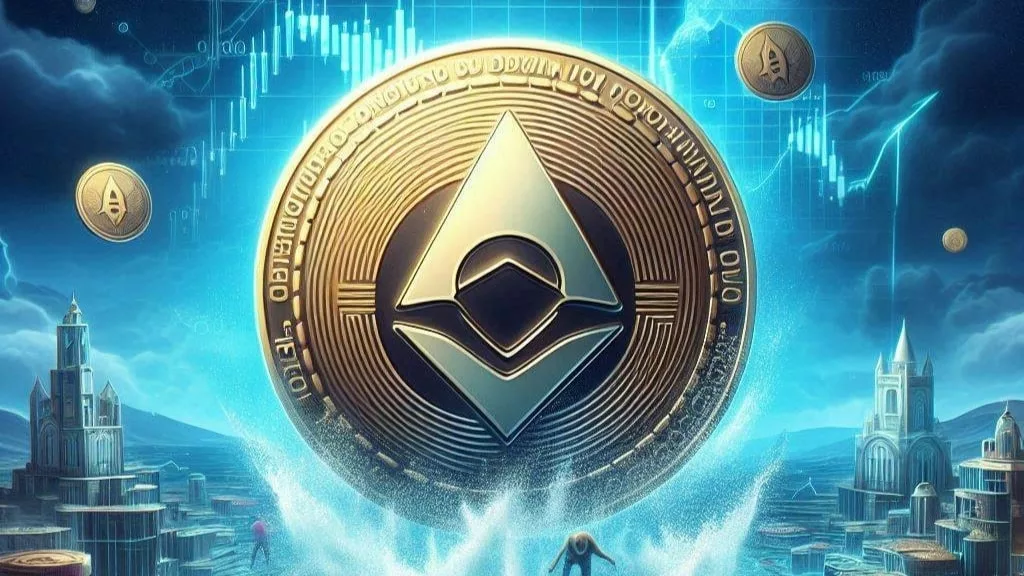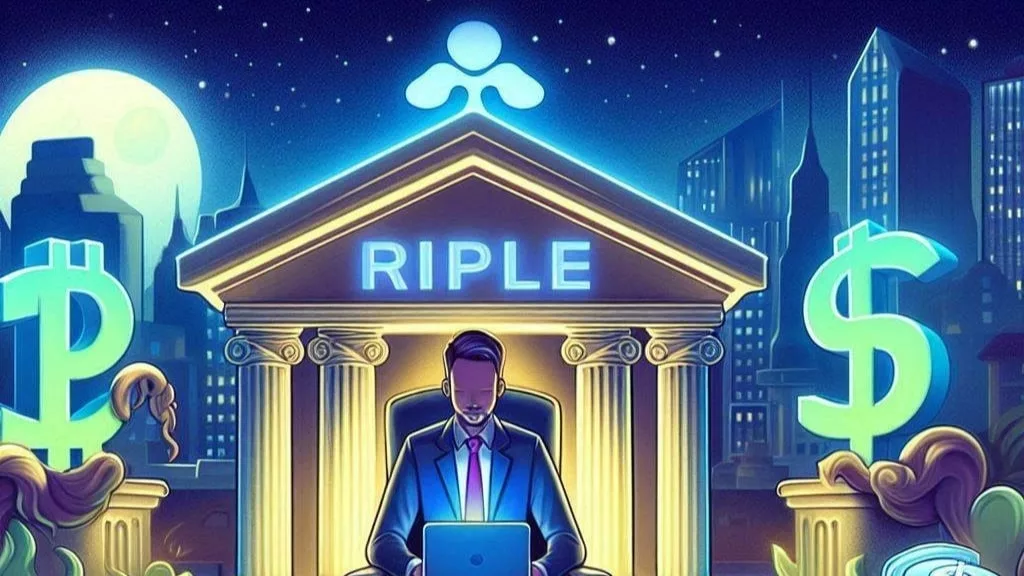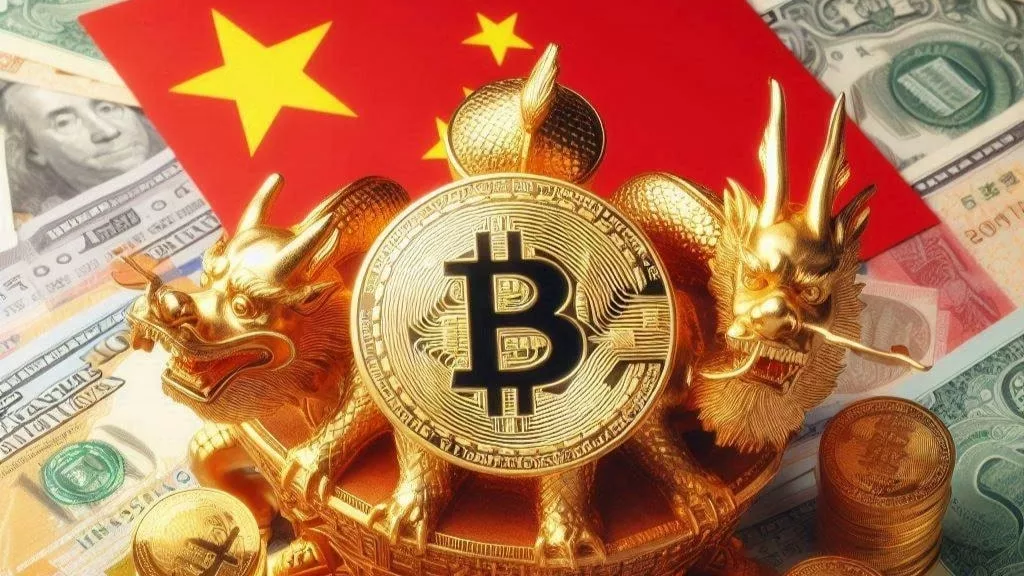
Deutsche Bank, a stalwart in the world of global banking, powerhouse, has embarked on an ambitious journey into the realm of block chain technology. This bold step marks a significant departure from traditional banking practices and under scores Deutsche Bank’s commitment to driving innovation in the digital age.
At the forefront of this groundbreaking initiative is Project Guardian, an ambitious endeavor aimed at harnessing the transformative potential of blockchain to address pressing challenges within the financial services industry. Central to this initiative is the exploration of an Ethereum-based platform, poised to revolutionize record-keeping services for tokenized funds.
The allure of blockchain lies in its decentralized architecture, which offers unparalleled security, transparency, and efficiency in conducting financial transactions. With Deutsche Bank’s entry into this space, the stage is set for a paradigm shift in how financial services are conducted and regulated.
Leading the charge is Anand Rengarajan, Deutsche Bank’s Asia-Pacific and Middle East head of securities services and global head of sales. Rengarajan views blockchain technology as a powerful antidote to margin compression, a pervasive issue plaguing the financial services industry. He asserts, “Innovation is not just a buzzword; it’s a survival imperative in today’s hyper-competitive landscape. Blockchain technology presents a compelling opportunity to address margin compression and drive sustainable growth.”
The Ethereum-based platform being developed by Deutsche Bank represents a bold leap into uncharted territory. Designed to offer a comprehensive suite of digital services tailored to the unique needs of tokenized funds, the platform promises to streamline operations and enhance efficiency for fund issuers and investors alike.
At the heart of the platform’s appeal is its interoperability, which enables seamless integration with various blockchain networks. This interoperability ensures that fund managers can leverage the platform regardless of the underlying blockchain technology used for their tokenized funds, thereby unlocking new possibilities for collaboration and innovation.
While the platform is currently in the proof-of-concept stage, Deutsche Bank is bullish about its commercial potential. The bank’s commitment to investing in blockchain technology underscores its belief in the transformative power of decentralized finance.
But blockchain technology is not just about digitizing existing processes; it’s about reimagining the entire financial ecosystem. Smart contracts, self-executing agreements encoded on the blockchain, represent another frontier in Deutsche Bank’s blockchain journey. These smart contracts have the potential to automate complex processes, reduce the need for manual intervention, and minimize the risk of errors, thereby unlocking new levels of efficiency and transparency.
Project Guardian is not merely a solitary endeavor undertaken by Deutsche Bank; it’s a collaborative effort that brings together policymakers, regulators, and financial institutions from around the world. Together, these stakeholders are working to set standards for tokenization across a wide range of sectors, including fixed income, asset management, and foreign exchange.
The potential of blockchain technology to revolutionize the financial industry cannot be overstated. With Deutsche Bank leading the charge, the future of finance looks brighter than ever. As the world embraces digital transformation, blockchain is poised to play a pivotal role in reshaping the financial landscape for years to come.




Get the latest Crypto & Blockchain News in your inbox.